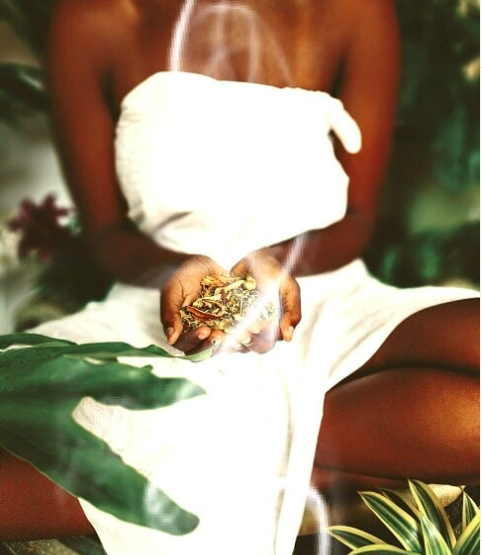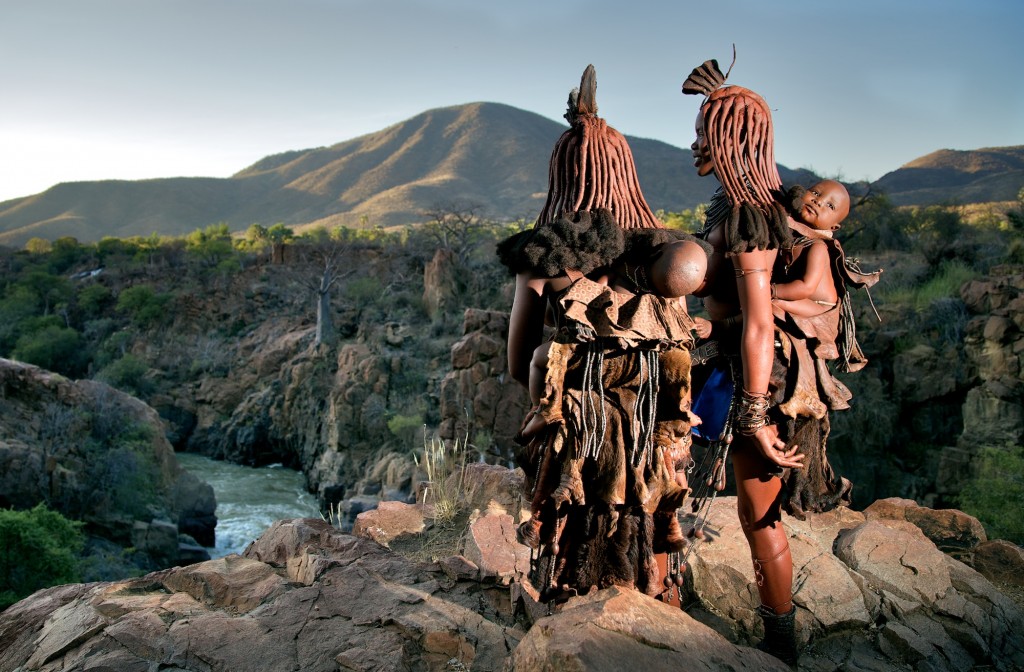Photo Credit: Alegra Ally
First of all, let’s give ourselves props for creating, growing and birthing new life – it’s such a powerful journey. So powerful, I believe we all deserve to experience royal treatment as we enter into the postpartum phase. Traditionally, new mothers would have been treated to a special healing ritual that marks such a momentous life event in a woman’s life, whilst giving her the nourishment she needs. We too, need and deserve the healing of herbal baths, tailored Mizan massages, and nutritious food in abundance and yet, living in the West, most of us are lucky to get a cup of tea and slice of toast!
Honouring mothers during the postpartum phase is an element of tradition that has been practised for centuries but unfortunately hasn’t always passed down. It may seem far removed from your own birth plan or experience, but it doesn’t have to be. As a woman of colour, we especially have a history and lineage of postpartum traditions that we are yet to rediscover. Have you ever asked your Grandma, Mother or elders in your family how they recovered from birth? You may be met with the response that they just got on with it in their day; the plight of the woman. Or, you may be surprised that they were encouraged to Belly Bind (also known as Bekung) and take 40 days to rest, which is what I discovered when I spoke to my Granny. She also wisely advised me to “sit over a salt steam” and “not to bathe too frequently to keep the cold out of my body.”
Adopting these rituals into my own postpartum journey sped up my recovery from the physical toil of childbirth. The benefits were not only physical – steaming gave me some time alone, to reflect on what my body had just performed and really experience my postpartum body. This was particularly true after my second pregnancy, where I made a concerted effort to carve this time out for myself. Keeping the body warm and protected is a must after giving birth because we are particularly susceptible to feeling run down, especially with the lack of sleep which can lower our immunity. This is why it’s so important to also stay nourished!
So many of us underestimate the depths and healing properties of these practices because we are so accustomed to the Western approach and its obsession with ‘bouncing’ or ‘snapping back’. It’s not unusual to see a new Mama out and about within the first couple of weeks of giving birth, leaving the house to do some shopping. In some traditions this is unheard of! We all need and can benefit from this dedicated time and care from our own communities to aid us during this physical and spiritual journey.

It is understood within many cultures that a new mother has just embarked on a significant rites of passage, and should therefore be honoured as she rests, heals and adapts to this new stage of life.
We are all entitled to enjoy the benefits these practices can bring.
So, this is an invitation to encourage you to rediscover or create your own postpartum traditions. Below is some inspiration and my top places to begin.
- A great book on postpartum recovery, exploring nourishing foods and practices is The First Forty Days: The Essential Art of Nourishing the New Mother.
- Use your network – Why not ask one of your friends, or their mothers how they restored themselves after giving birth? Here are some real stories of Postpartum Traditions from Mums to give you some inspiration.
- Ask family or friends in your circle to deliver or prepare cooked meals for you, which will nourish and energise you.
- There are various practices that can be accessed such as Closing The Bones and Belly Wrapping, which is the art of using cloth or material to provide physical support. Both of these can aid physical and emotional recovery after birth.
- DIY practices at home such as vaginal steaming, or a postpartum bath with traditional herbal mixes can really ease any discomfort you are experiencing whilst encouraging your body to recover and restore.
Hopefully, these are some useful places we can begin to reclaim these lost traditions of postpartum healing and recovery. And for those who no longer consider themselves new mamas, just know it’s never too late to honour yourself and your journey. Many postpartum rituals bring great healing to women who have never received that nurturing, no matter how long ago you gave birth.
Anisah Kee Scott is a mother of two toddlers and an advocate of Positive Postpartum Recovery. She is also the co-founder of Mum Bub Hub @mumbubhub, an all-encompassing space offering natural products, resources and support for women’s postpartum recovery

